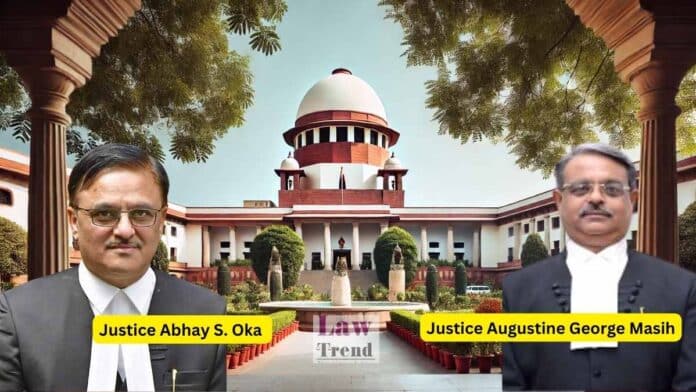In a significant ruling addressing concerns over case misrepresentation and advocate accountability, the Supreme Court has directed its registry to consider the proposal of the Supreme Court Advocates-on-Record Association (SCAORA) to conduct regular open house sessions for case verification. The directive comes in the wake of Jitender @ Kalla vs State (Govt. of NCT of
To Read More Please Subscribe to VIP Membership for Unlimited Access to All the Articles, Download Available Copies of Judgments/Order, Acess to Central/State Bare Acts, Advertisement Free Content, Access to More than 4000 Legal Drafts( Readymade Editable Formats of Suits, Petitions, Writs, Legal Notices, Divorce Petitions, 138 Notices, Bail Applications etc.) in Hindi and English.




